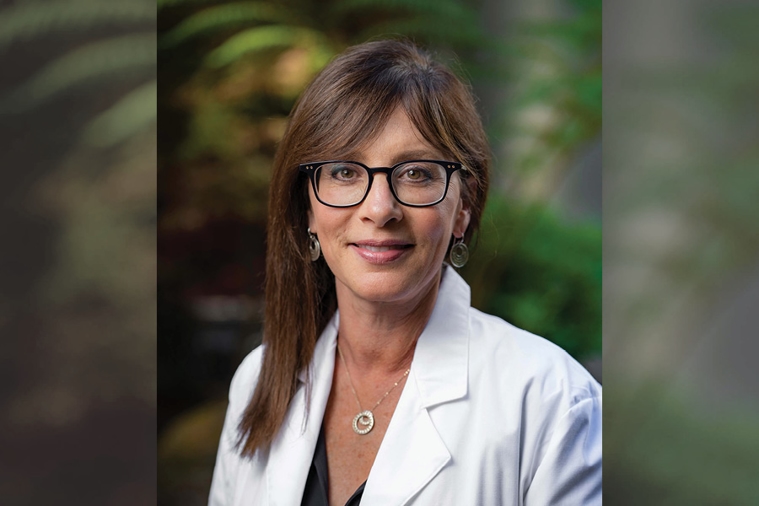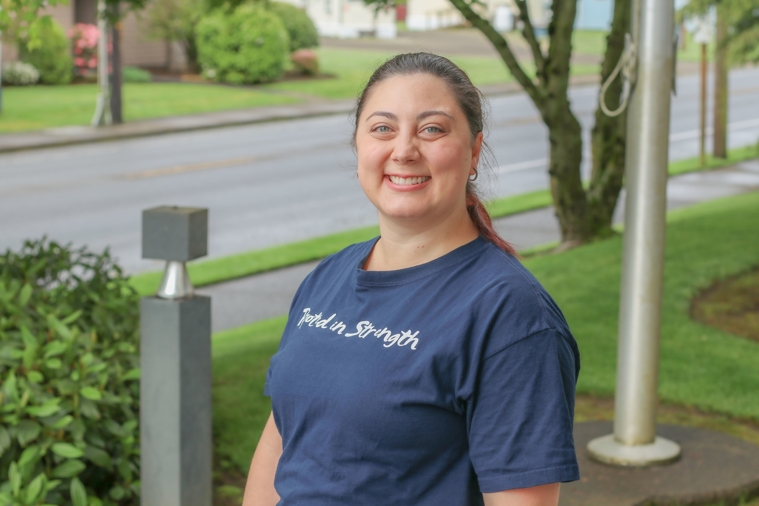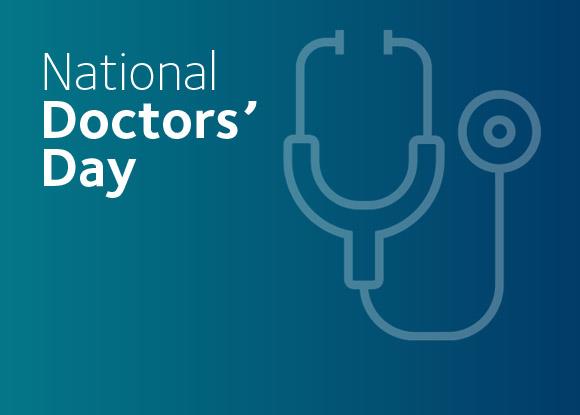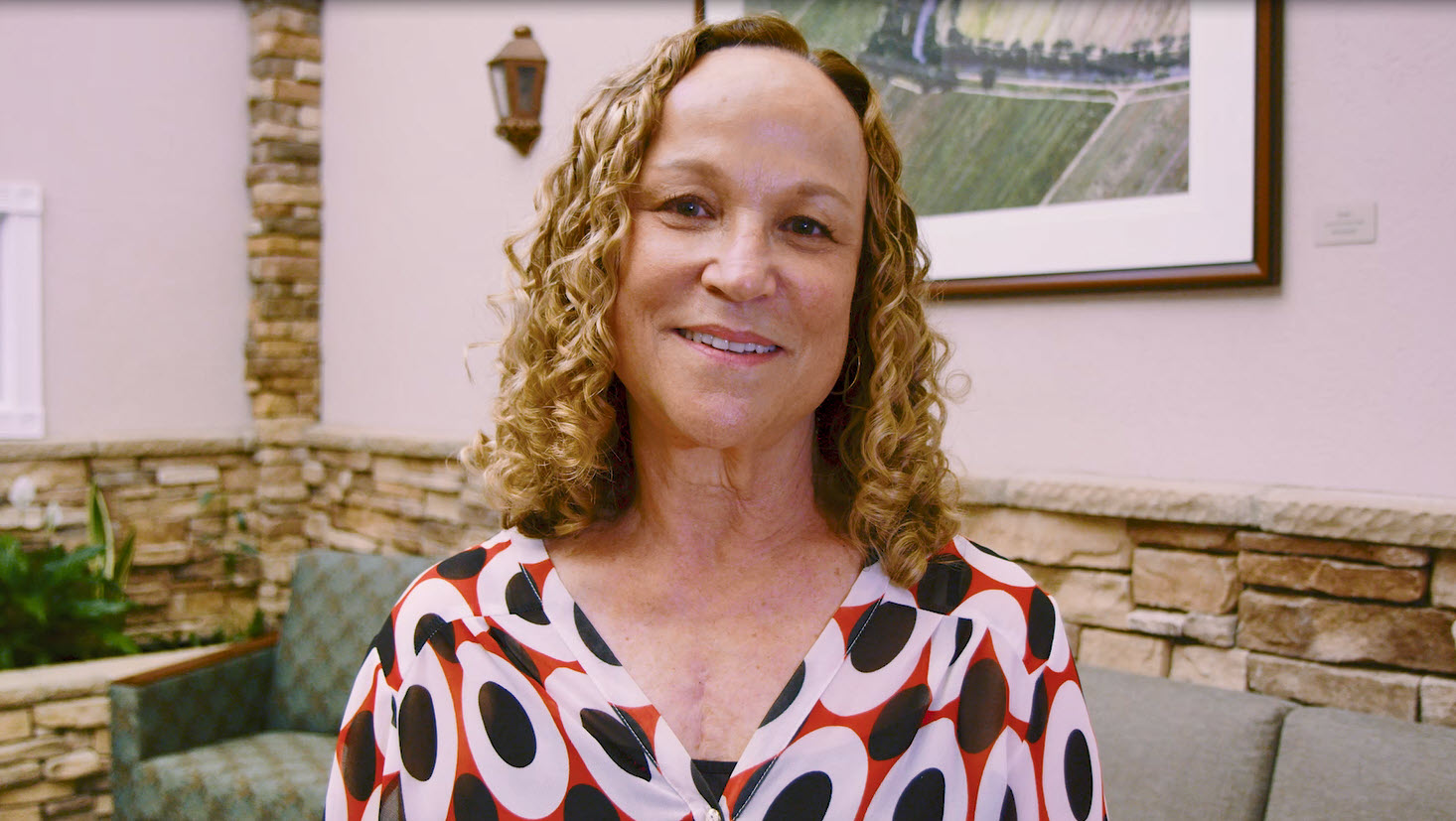Celebrating International Women’s Day with insight from Dr. Susan Eisenberg
Mar 5, 2020

Celebrated globally for the first time on March 8, 1975, International Women’s Day invites us to recognize the incredible achievements of all women. To honor this year’s Women’s Day, we’re sharing an interview with Susan Eisenberg, MD, cardiac electrophysiologist with the Adventist Heart & Vascular Institute in St. Helena.
It’s rare to be a woman in your line of work. Tell us about your experience as one of the few female cardiac electrophysiologists.
Nationwide, only 9% of cardiac electrophysiologists are female. When I trained at the University of California San Francisco, I was the first woman to do a fellowship there, and I was the first female partner in my medical group when I started.
In general, a cardiology specialty isn’t particularly family-friendly. When a patient has a heart attack, as the doctor, you have to jump up in the middle of the night and go to the hospital to provide care. Cardiology involves a lot of urgent cases and long hours. My specialty, electrophysiology, comes with more predictable hours; however, you have to complete your fellowship in general cardiology first. That can be a barrier for a lot of women who are trying to balance both personal and professional aspirations.
One of the things I love about working in St. Helena is that there are two other female cardiologists—Dr. Monica Divakaruni and Dr. Kathleen Tong—which makes three of us total in the whole group. That’s incredibly rare! The level of camaraderie between us is so fulfilling and meaningful.
Tell us a little more about your career trajectory and your journey to get to where you are today.
I became very fascinated by electrophysiology when I was training at UCSF. I started spending more time in the department and became involved in research. I worked under Dr. Mel Scheinman, the head of electrophysiology at UCSF, who’s considered to be one of the leading researchers in that field. I learned a lot under his mentorship and, during that time, discovered that I had a desire to be in patient care. I went into private practice in Berkeley, and eventually joined the John Muir Health Cardiac Rhythm Center, where I practiced for 20 years and was the medical director.
I’ve always loved the Napa Valley and wanted to live in this beautiful part of the country. The emphasis on patient care at the practice here in St. Helena is so aligned with my values. The collaboration we have is incredible. With Dr. Dunnington, our cardiothoracic surgeon, and I working together, we can offer patients the full spectrum of care in one location. For example, a patient who has atrial fibrillation may be treated under my supervision with catheter ablation, or they may need a hybrid ablation, which is part surgical and part catheter-based. Patients really get the best of both worlds here.
We’re continually looking at how we can make things better for patients, too. We do community-based informational seminars. We talk about atrial fibrillation and who may be a candidate for our treatments. In the part of my practice that involves placing pacemakers and defibrillators, I’m starting a program of home monitoring. These devices all have capabilities where I can now monitor patients from afar. If the battery in their device is getting low, if they have an episode of atrial fibrillation, I can reach out to provide care.
How does Adventist Health’s mission align with your personal mission as a care provider?
When I look at Adventist Health’s mission, it falls directly in line with my vision—to provide exceptional care for patients. I’ve always been a clinician who values connection with my patients. I get to know them and care about them physically, spiritually and emotionally.
What are you doing when you’re not working?
I’m really enjoying living in wine country and just passed my level two wine certification. I also enjoy skiing, hiking, going to farmer’s markets. I love the small town of St. Helena. Recently, I’ve also been enjoying renovating my house.
What advice do you have for young women who want to excel in their careers?
I’ve always tried to seek out the best possible education. UCSF was considered to be the top program in electrophysiology, so that’s where I wanted to train. I also think it’s crucial to establish a mentoring relationship. As a woman, it can be helpful to have a female mentor who can help guide you through some of the barriers that women run into, and give you advice in navigating both your personal and your professional life.
I’ve gotten very involved in an international organization called Women in Electrophysiology (EP). Through that program, we invest a lot in mentoring young women who are interested in cardiology. Part of that mentorship is to offer reassurance that—yes, it is possible—women can have families and still have incredibly exciting careers.
Related articles

Adventist Health Tillamook Recognizes Honorees for Nursing and Associate Awards
June 27, 2022

White Coats and Red Carnations
March 27, 2023

Celebrating 45 Years of Service: Honoring Karen Schoenig’s Legacy at Adventist Health and Rideout
September 12, 2024